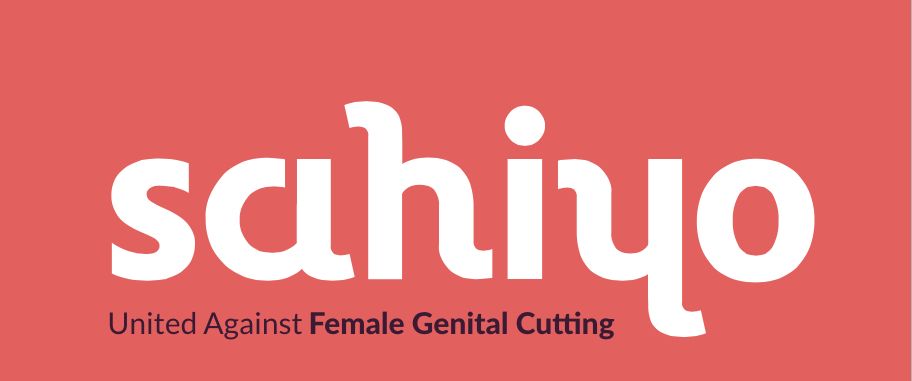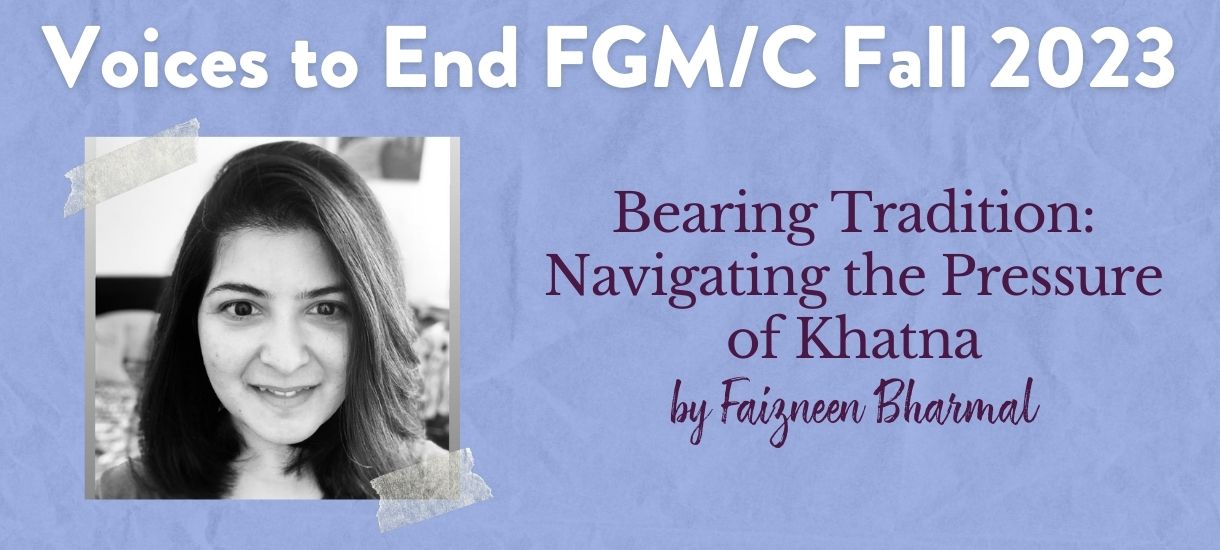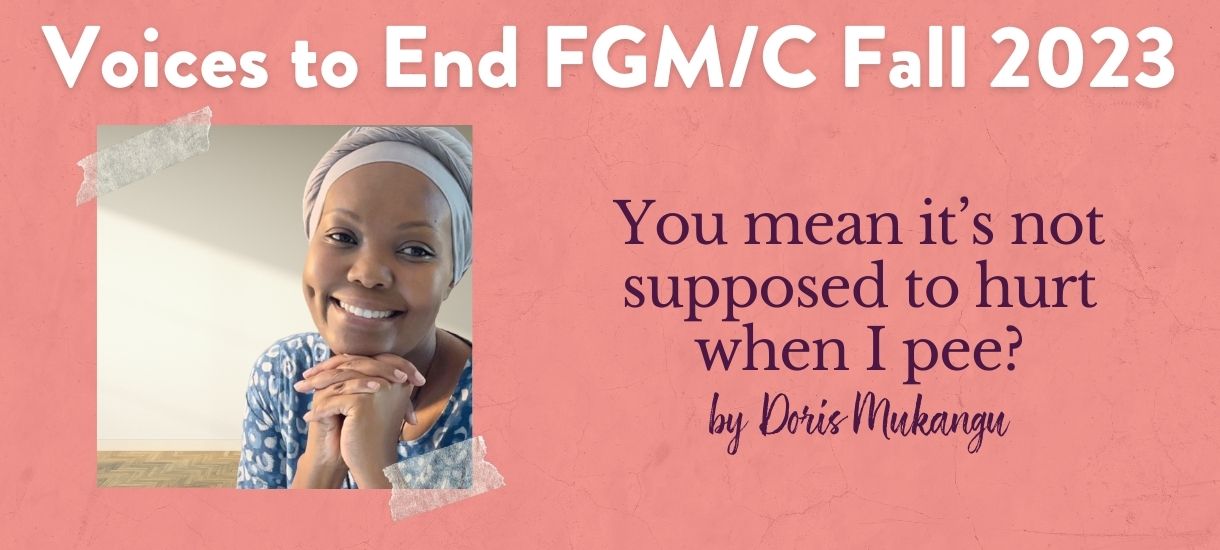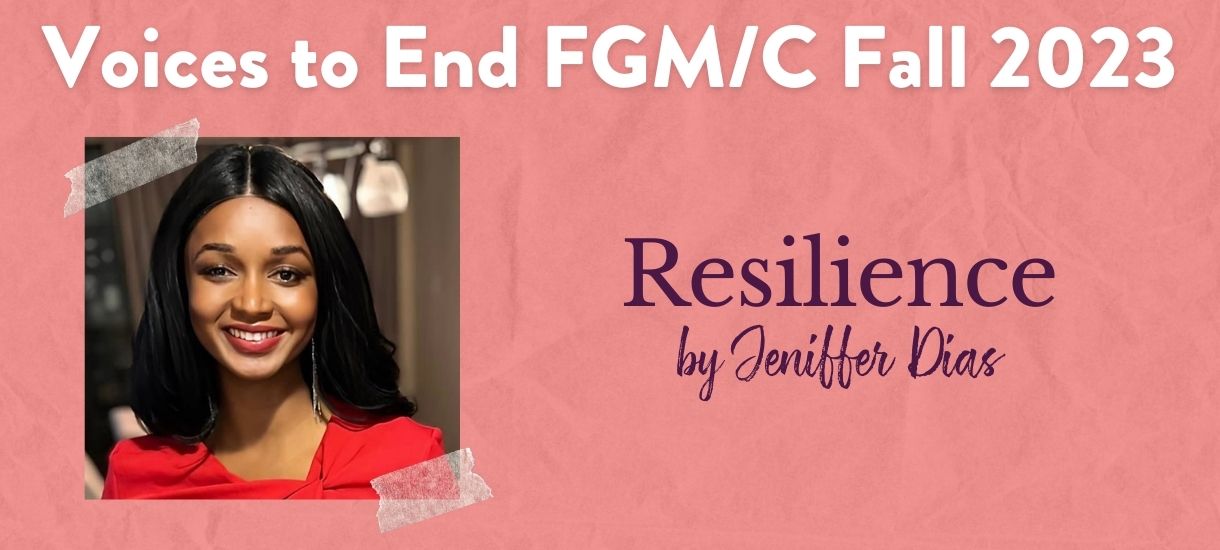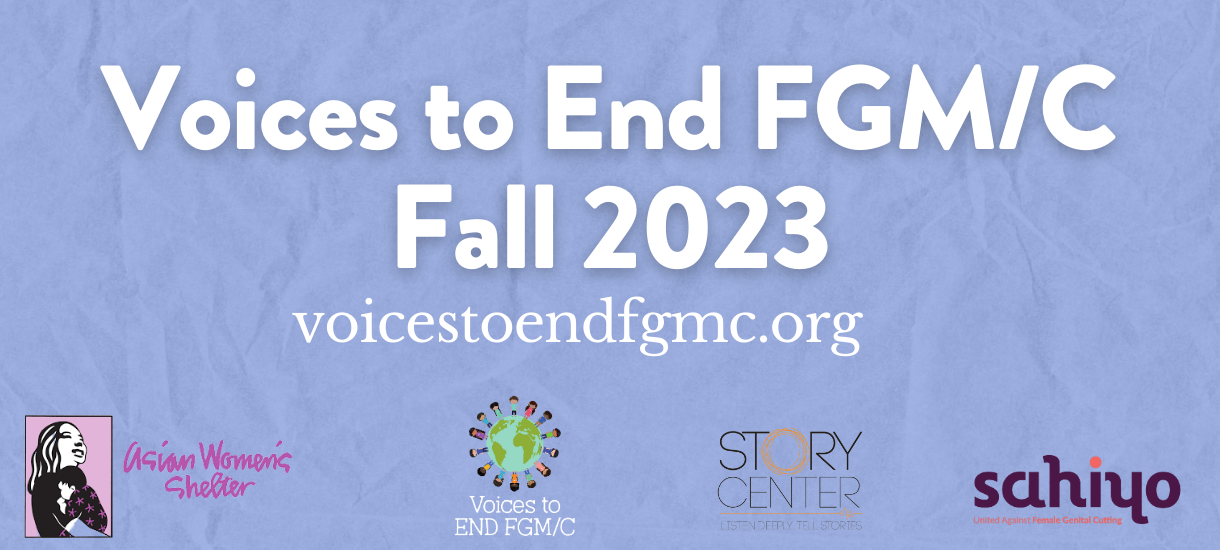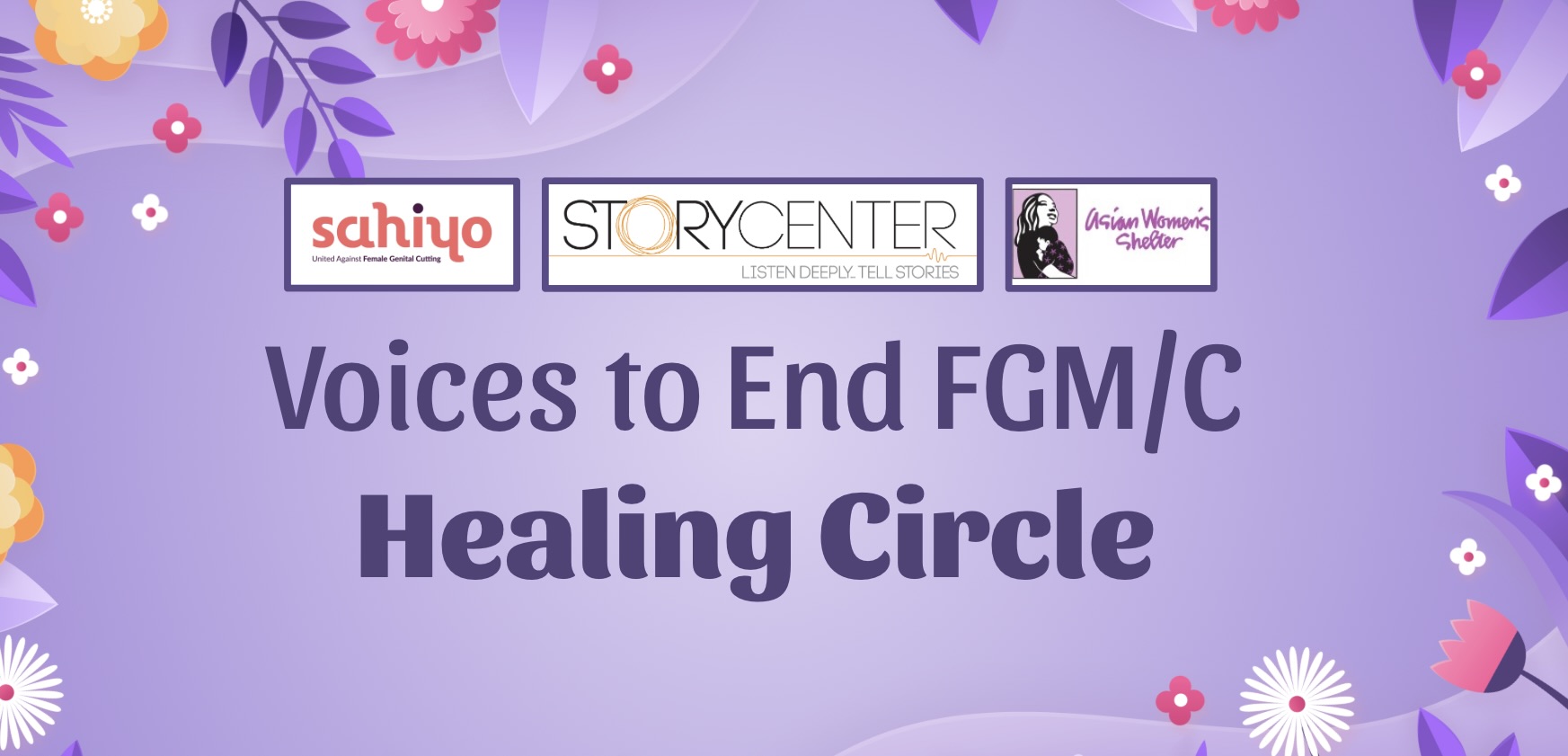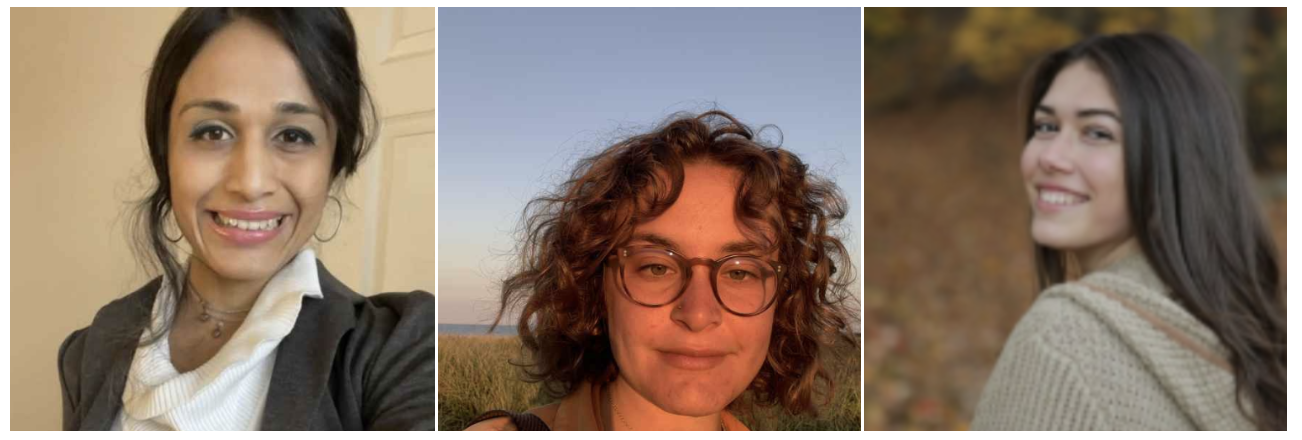WASHINGTON, DC - (February 6, 2024) - The Milken Institute School of Public Health alongside its community partners announced today they received a $300,000 grant from the Department of Justice’s Office on Violence Against Women (OVW) to provide training and technical assistance focused on the prevention and response to female genital mutilation/cutting (FGM/C) to community-based organizations across the United States working to end violence.
“Two hundred million women worldwide have experienced FGM/C, with 3-4 million girls affected every year,” said Karen A. McDonnell, Associate Professor in the Department of Prevention and Community Health at the George Washington University Milken Institute School of Public Health. “That’s only in the countries we know about. In the United States, over a half-million girls and women are affected by, or at risk for, FGM/C and it is important that FGM/C is recognized as a prevalent form of gender-based violence worldwide.” Dr. McDonnell will serve as the principal investigator on the project.
The team assembled to address this project is a cooperative of partners that includes: The U.S. End FGM/C Network, the Global Woman PEACE Foundation, Sahiyo US, and the GW Milken Institute School of Public Health.
“It is significant that the OVW is recognizing the importance of addressing FGM/C in the United States, and that understanding its intersections with other forms of violence against women is crucial,” said Caitlin LeMay, the Executive Director of the U.S. End FGM/C Network.
Sahiyo co-founder Mariya Taher —who has been recognized by L’Oreal Paris as a 2023 Women of Worth and a leading advocate in the field of FGM/C — shared her own excitement about the partnership.
“FGM/C is an issue I’ve known about my entire life having grown up in a community in which it was practiced. This partnership between our various organizations highlights something as a child I never thought possible, a public recognition that FGM/C is a concern in the U.S., and that for us to prevent the next generation from undergoing it, we have to work in a multisectoral way that partners the government with community-based organizations, with the advocates and the survivors who have the expertise on how to address this issue.”
Throughout the project, the team will conduct listening sessions, provide training and technical assistance, and coordinate on the creation of online resources that can be utilized to increase the capacity of care given to FGM/C by other community service providers across the U.S.
These resources will help victim service organizations and allied stakeholders recognize and address FGM/C in their provision of services.
“We will explore how we can best meet the needs and build upon the strengths of service providers who may not even realize that the people they seek to help have experienced this trauma,” Angela Peabody, the Executive Director and Founder of the Global Woman PEACE Foundation.


